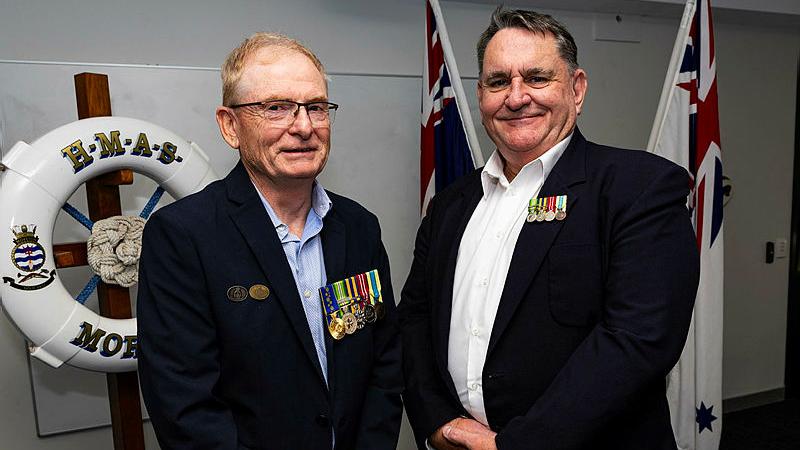Professor Danielle Mazza AM is leading a study on giving nurses the knowledge and skills to insert contraceptive devices and prescribe medical abortions. The study will test if nurse-led services reduce unplanned pregnancies in rural and regional areas.
‘Nurses have an interest in women’s health and a lot of them want to provide these services,’ Danielle tells us.
‘Our study is training nurses at GP practices to insert the contraceptive implant Implanon, which is an easy procedure.
‘From 1 August 2023 new Australian government regulations allow nurse practitioners to prescribe medical abortion as well.
‘Our study will show if nurses can increase the number of women who can access these services.’
Co-design with rural and regional GPs, nurses and patients
Danielle co-designed the study with rural and regional GPs, nurses and patients.
‘It was important to get the views of all the different players in the process,’ she says. ‘We even looked at the roles of receptionists and practice managers.
‘We also discussed how nurse-led care would change the journey of patients through GP practices.
Supporting GPs to offer medical abortion
‘Some GPs and nurses hold myths about what a medical abortion is,’ Danielle adds. ‘They lack confidence because abortion has been stigmatised. In the past abortions were done by that clinic down the road that didn’t have the sign out the front, not GPs.
‘So it can be challenging for general practices to offer medical abortion. Team-based approaches where the nurses in the practice are leading the process might help. These approaches require good teamwork and clear delegation of responsibilities and trust.’
Rolling out the study
32 rural and regional GP practices have joined the study. Danielle’s team is training the GPs and nurses and helping each practice create a plan for starting the new nurse-led services. When the study ends in 2025, the researchers will compare the number of services delivered at each practice before and after the nurse-led approach began.
Australian evidence to support nurse-led models of reproductive health care
‘Hopefully this study will give us answers as to how we can improve access to contraception and abortion in rural and regional areas,’ Danielle concludes. ‘If the results are positive, the study will create Australian evidence to support nurses to insert contraceptive implants and prescribe medical abortions in general practices.
‘My clinical experience and life experience is that access to contraception and abortion is a basic need of women. It allows women to have the life they desire and the number of children they want. If I can help women access these services, then I will have done a good thing.’
The MRFF funded Danielle’s ORIENT Study with $1,928,519.






